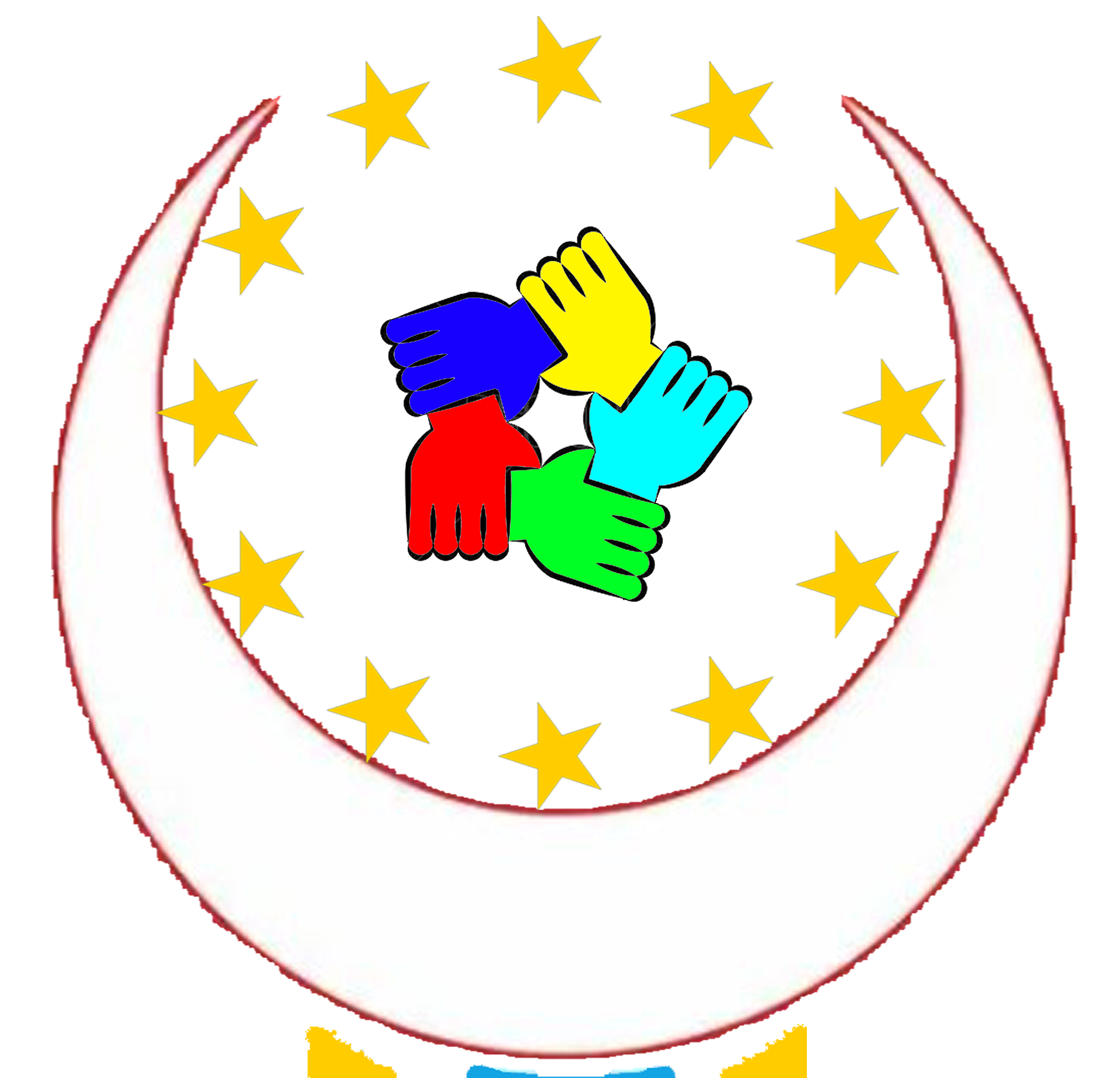
What is Erasmus+?
Erasmus+ is the EU’s programme to support education, training, youth and sport in Europe.
It has an estimated budget of €26.2 billion. This is nearly double the funding compared to its predecessor programme (2014-2020).
The 2021-2027 programme places a strong focus on social inclusion, the green and digital transitions, and promoting young people’s participation in democratic life.
It supports priorities and activities set out in the European Education Area, Digital Education Action Plan and the European Skills Agenda. The programme also
- supports the European Pillar of Social Rights
- implements the EU Youth Strategy 2019-2027
- develops the European dimension in sport
Opportunities
Erasmus+ offers mobility and cooperation opportunities in
- higher education
- vocational education and training
- school education (including early childhood education and care)
- adult education
- youth
- sport
Detailed information on these opportunities, including eligibility criteria, is available in the Erasmus+ Programme Guide.
Outcomes
The outcomes of Erasmus+ are available in reports and compendia of statistics, as well as through the Erasmus+ Projects Platform. This includes most of the initiatives funded by the programme and a selection of good practices and success stories.
How to take part

Erasmus+ is a very wide programme, covering a diverse range of actions. How you can take part depends broadly on two factors:
- if you are applying by yourself or on behalf of an organisation
- in which country you or your organisation is based
This page contains a general overview of how to take part. You will need to check the specific action that you are interested in to see the criteria you should meet.
Individual applicants
If you are looking to take part by yourself, it’s likely that you will need to apply through an organisation such as your university, training centre, company and so on.
You can ask them if they are applying for a project grant, or explore the Erasmus+ app for advice and inspiration.
For most actions, your organisation will need to be located in a programme country. These are the EU member states and a short list of other countries associated to the Programme. Other actions are also open to groups of other countries non-associated to the Programme.
Browse opportunities for individuals
Applicant organisations
If you are an organisation looking to apply for a project grant or call for proposals, read the registration steps you need to take first.
Read the registration process and other steps
You should also check the list of programme and partner countries, since where you are based will impact what you can apply for.
Browse opportunities for organisations
Full details on this year’s programme
For comprehensive details on who can take part, search the Programme Guide for the action or the field you are interested in.
Looking to apply from outside the EU?
Read the guidance on applying from outside the EU
Applying with a project partner
The partner search on the EU’s Funding and Tenders portal helps you search for potential partners for your proposal.
Search for a potential project proposal partner
Financial support
Individuals and organisations might be able to benefit from financing under the Skills and Education Guarantee (S&E). This is a pilot debt financing initiative run by the European Investment Fund (EIF).
The S&E follows the previous Erasmus+ Master Loan scheme, which ran from 2015-2022.
Funding is available through financial intermediaries such as banks and social investment funds.
See a list of these financial intermediaries under “Information for final beneficiaries” on the website of the EIF.
